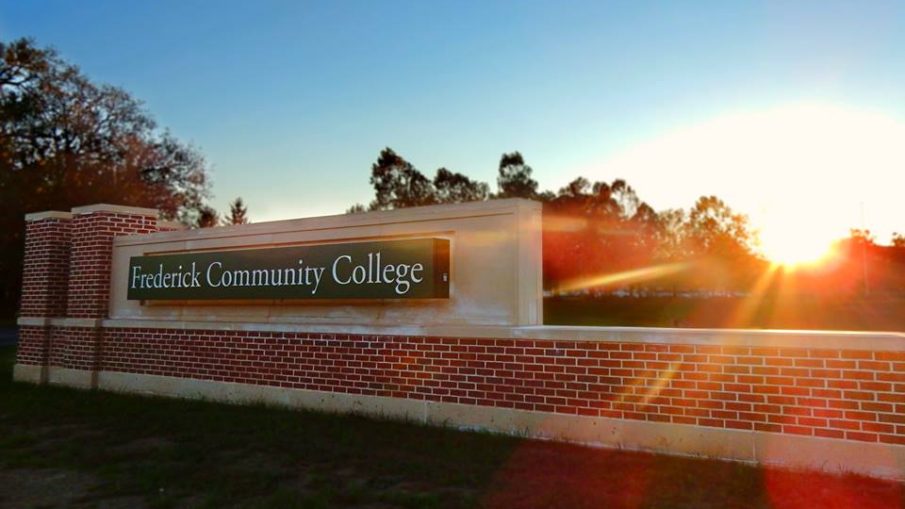By Kameron Clem
First and foremost, “The Witch” is a seventeenth century period piece. Everything in this film is handcrafted from the ground up and years of research went into the making of the film, accounts pulled straight from seventeenth century journals and authentic language of the time.
 This is a horror film that takes a very unconventional approach to the genre. Opting for a slow burn as opposed to the typical jump scare every few minutes. This might sound like something a lot of audiences want because horror has become over saturated with the same thing in most movies. Jump scare after jump scare and a surplus of characters who exhibit very little intelligence. The films don’t seem to trust the audience to be able to figure out what is going on, giving them pointless exposition. This is where “The Witch” separates itself from the herd.\
This is a horror film that takes a very unconventional approach to the genre. Opting for a slow burn as opposed to the typical jump scare every few minutes. This might sound like something a lot of audiences want because horror has become over saturated with the same thing in most movies. Jump scare after jump scare and a surplus of characters who exhibit very little intelligence. The films don’t seem to trust the audience to be able to figure out what is going on, giving them pointless exposition. This is where “The Witch” separates itself from the herd.\
Opening with a family being “banish-shed” from their seventeenth century puritan plantation. The film uses this type of authentic dialogue throughout and it is engrossing to the point where you look forward to hearing what the characters are going to say next. The family, led by the gravelly voiced patriarch, William, leave the plantation because William feels that the church does not properly worship God. He and his family set out into the wilderness and start a farmstead right on the edge of a dark, foreboding wood. One day the oldest daughter, Thomasin is playing peek-a-boo with her infant brother, Samuel only to have him disappear into the deep woods. This sets in motion the events that lead to the family falling into a religious hysteria and paranoia.
This is where the film displays its intelligence, the fact that it chooses to focus on the family and let all of the other pieces of the story fall in around it.
The other elements of the film, especially the score and the cinematography add layers to the atmosphere of the film. The score most importantly, so effectively builds the tension. The choral soundtrack, eerily reminiscent of “2001: A Space Odyssey”, stacks the suspense. It crescendos to the very edge of a climax but the film rarely gives you a release of that tension, it just sits under your skin and truly unnerves you. Not even at the end of the film do you get the release, like a knife being twisted in a wound.
The cinematography similarly builds the unease, lingering on shots for that extra second or two. That paired with the odd framing and the brilliant use of natural light, gives the film its grey, worn out look and very signature tone.
Indeed this is a film that is steeped in dread, dripping with atmosphere, and oozing with tone. It has a very literary feel to it. It feels like you are watching a classic novel in the vain of Arthur Miller and Nathaniel Hawthorne.
“The Witch” is definitely a film you don’t want to miss. It is disturbing, grotesque, nightmarish and most importantly, smart. This film’s intelligence is why it is so important. This is the type of film that expects the audience to be smart enough to see the layered themes because that is where the true horror lies.
“The Witch” is the feature debut of writer and director Robert Eggers and man, is this one impressive film.

